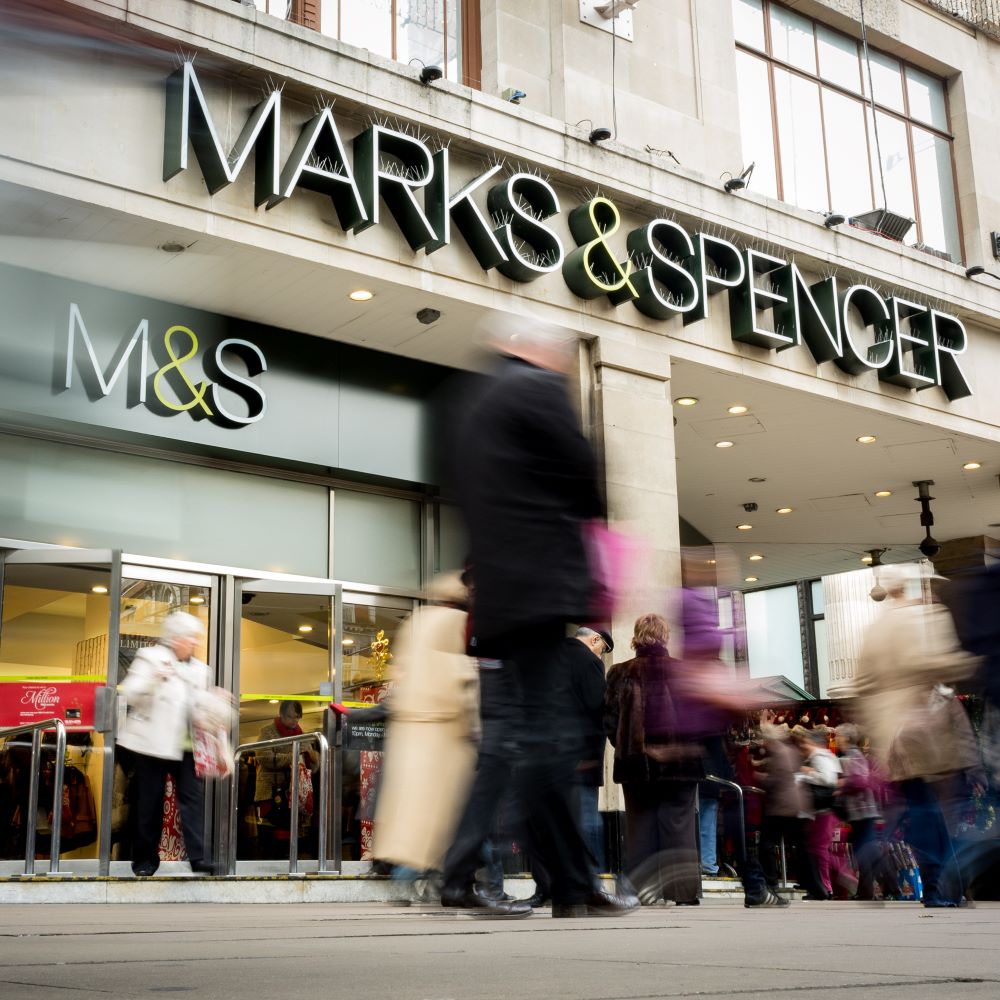
Marks and Spencer (M&S) is advocating the greater use of digital documentation to tackle potential disruption at the border when export health certificates (EHCs) will become a requirement for food imports from the EU on 1 October.
The retailer is warning of “significant disruption” because officials issuing EHCs in some EU countries don’t work at the weekend, despite food being traded seven days a week.
M&S has warned suppliers that this could exacerbate lorry driver shortages, reports the Times.
Digitise it
George Wright, commercial director at M&S Food, said it was pushing both sides to take a “more practical and modern approach”, including digitising the required certification.
As things currently stand, firms may have to provide hundreds of pages of documentation for each consignment.
Facilitated Movement Scheme
A digital system called the Facilitated Movement Scheme would simplify the documentation burden, he said.
“We hope a scheme like this will be adopted and we would value your support in engaging and advocating for this approach with your local governments,” he added.
New paperwork for importers
From 1 October, the UK will require health certificates to be completed and signed by recognised veterinarians for imports of meat, dairy, and other products of animal origin from the EU.
As of 1 January, physical checks will also begin on shipments of these products, with certification needing to be filed 24 hours in advance.
The British Meat Processors Association have said that the added cost of the bureaucracy will make food more expensive.
Unviable
Michael Szydlo, whose company provides software for businesses importing goods from the EU to the UK, told the Independent that the additional cost and bureaucracy of checks will make many shipments unviable.
A single lorry of food from Poland could require certificates covering 300 different products, he said.
“I still get calls from European companies now who say ‘we’ve heard we need to do some customs declarations. What is that?’”, he added. “Many companies simply don’t know what to do yet.”
Phased approach
While EU countries enforced veterinary and food safety checks on shipments coming from Great Britain from 1 January 2021, the government has introduced its own import controls in phases.
According to Farmers Weekly, once declarations are required at the border for all goods entering Great Britain from 1 January 2022, an additional 270 million customs declarations will be expected to be completed by British firms.
Free webinar
The IOE&IT will be addressing the new rules and documentation requirements for manufacturers in a free webinar on Thursday 9 September entitled ‘Navigating your way through import procedures for manufactured goods’.
The webinar – which you can sign up to here – will include advice on how traders can use the new online Digital Trader Services portal to complete declarations.
